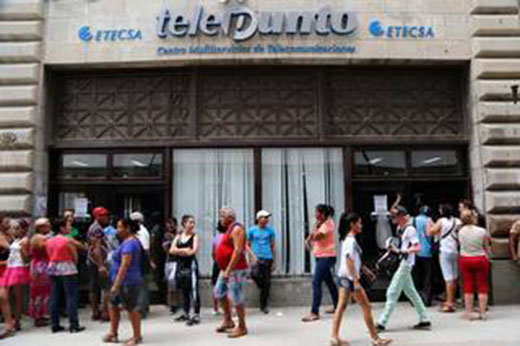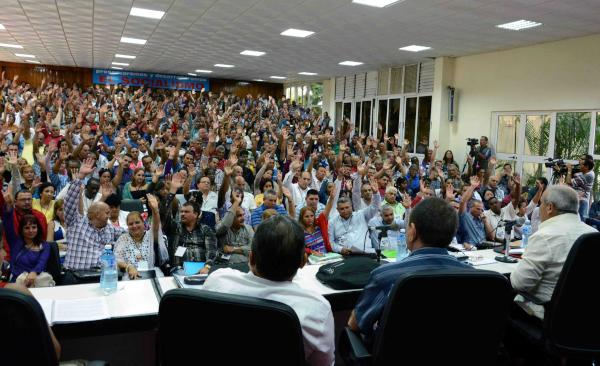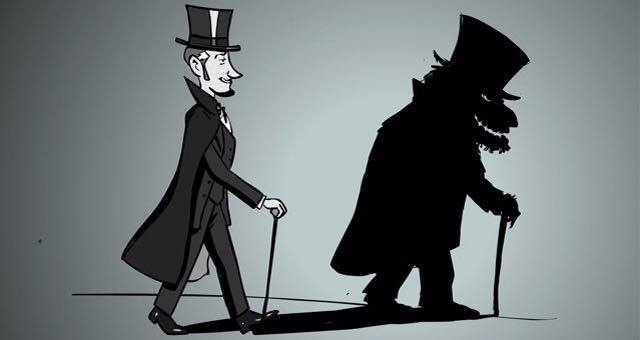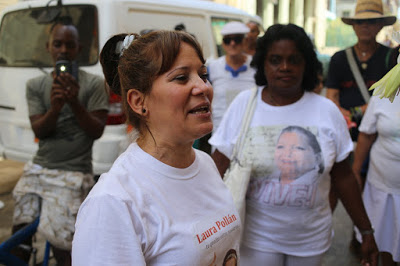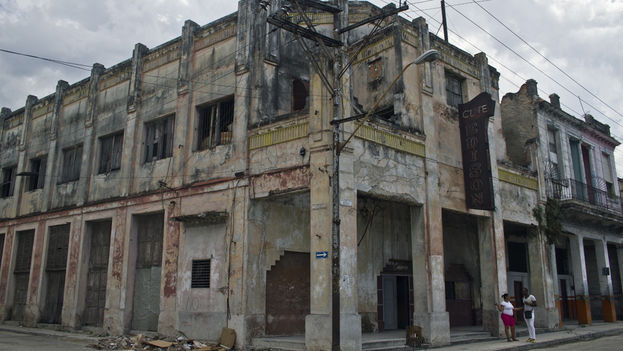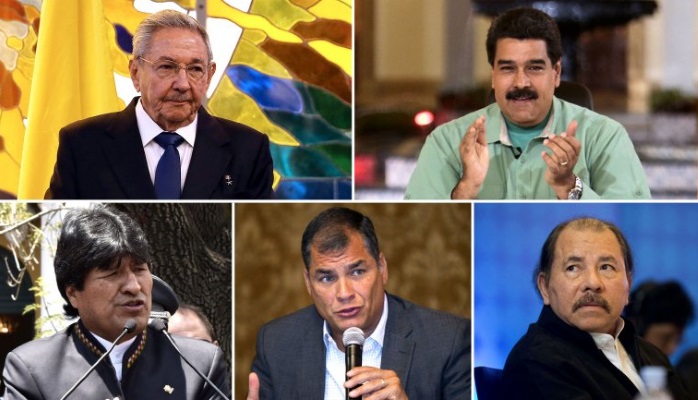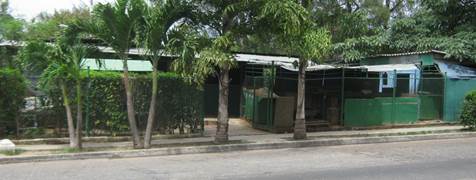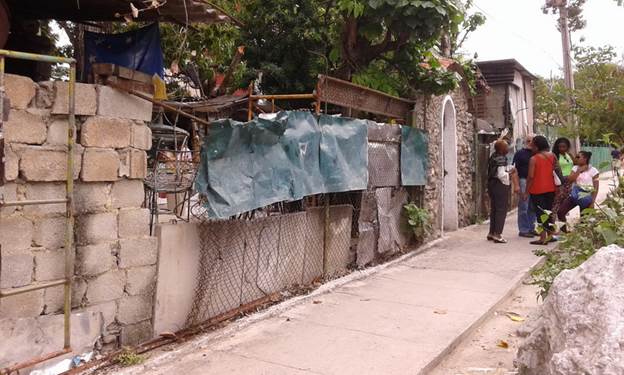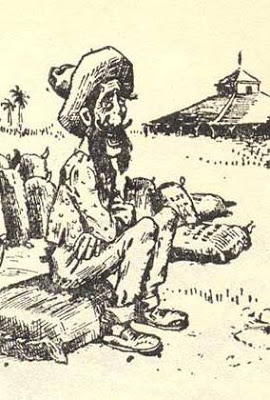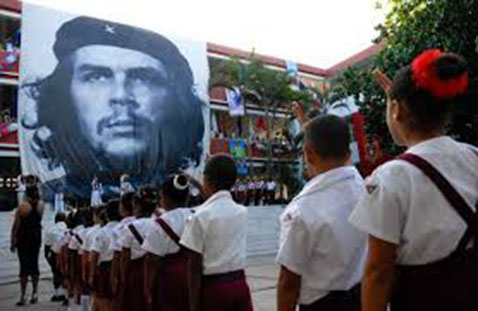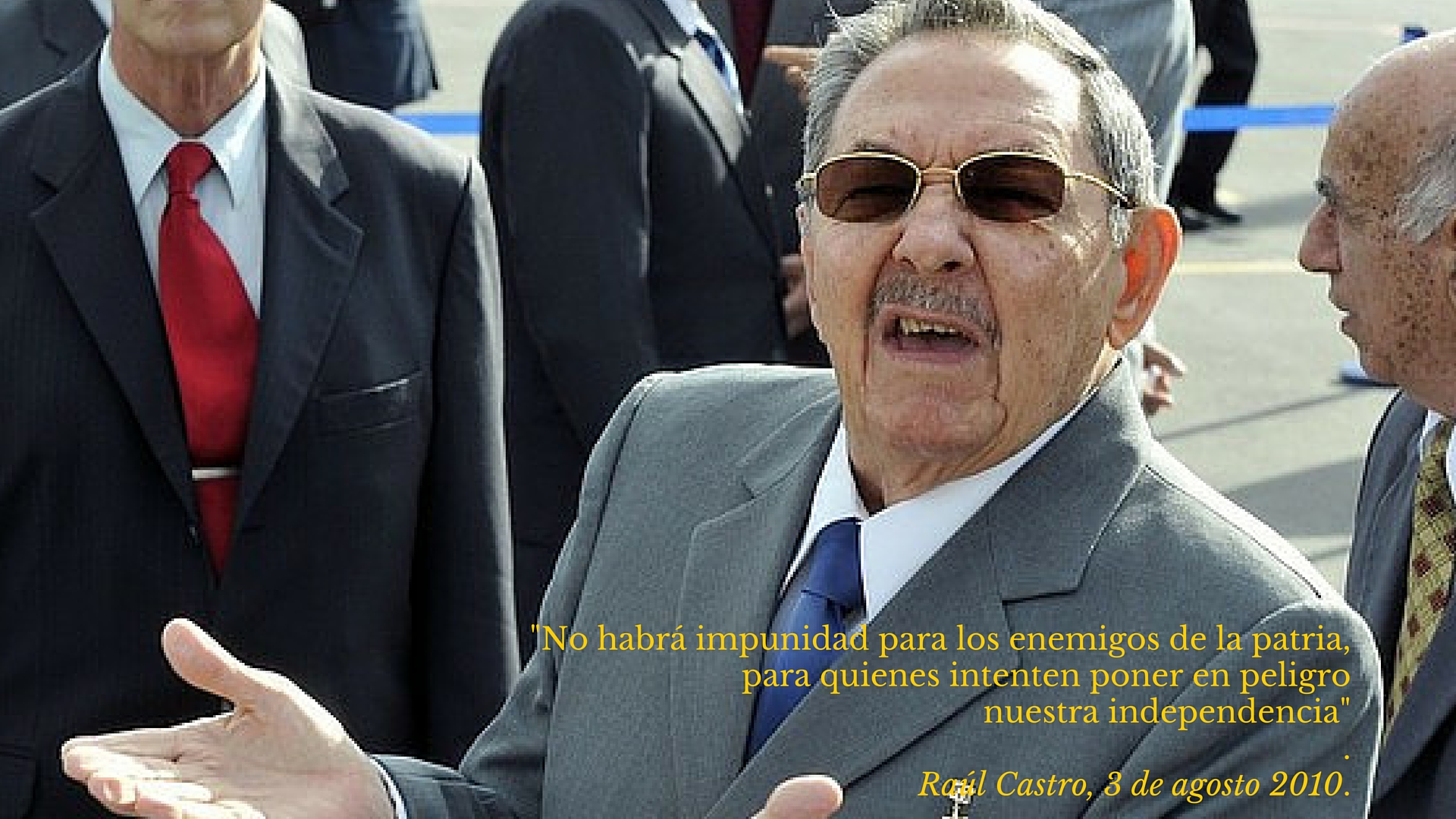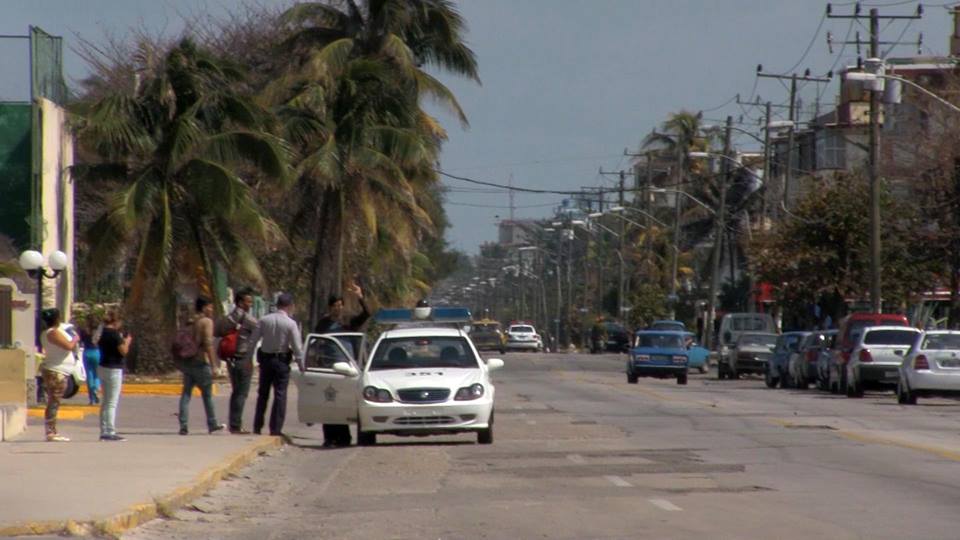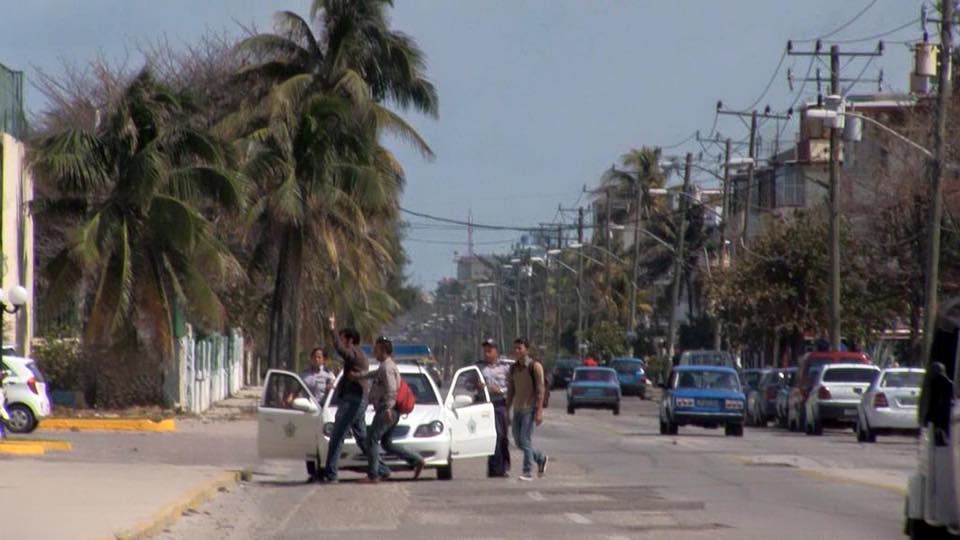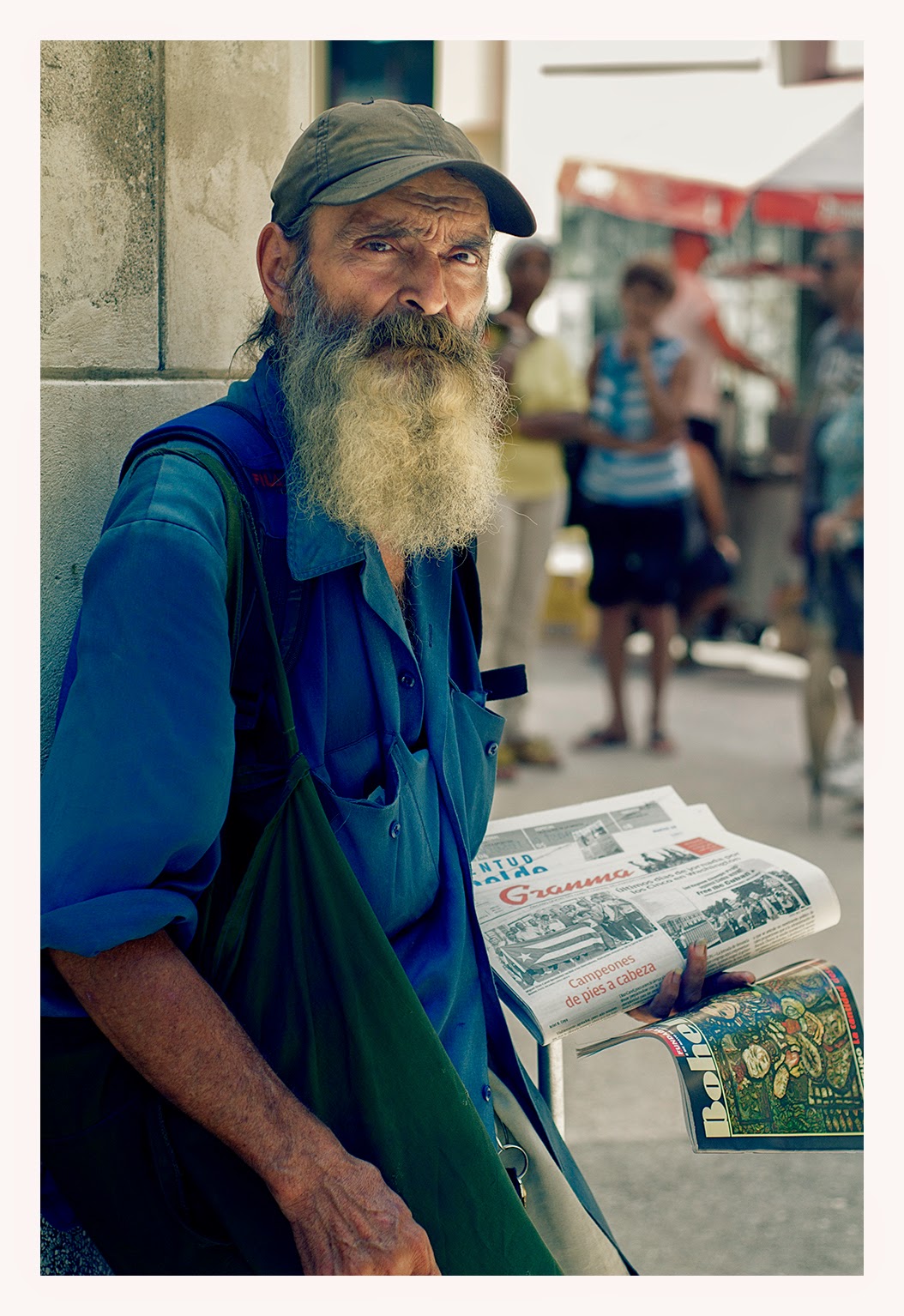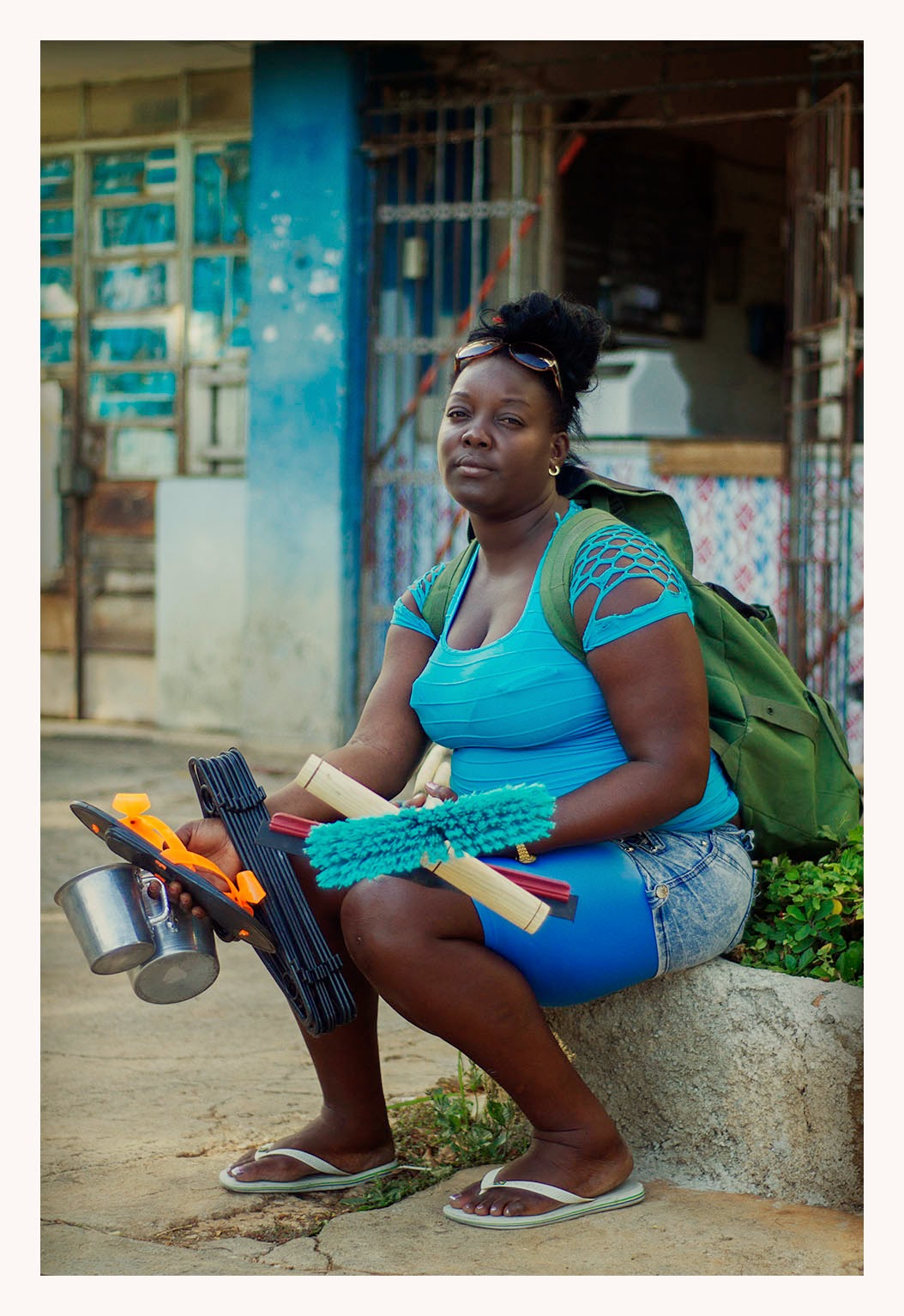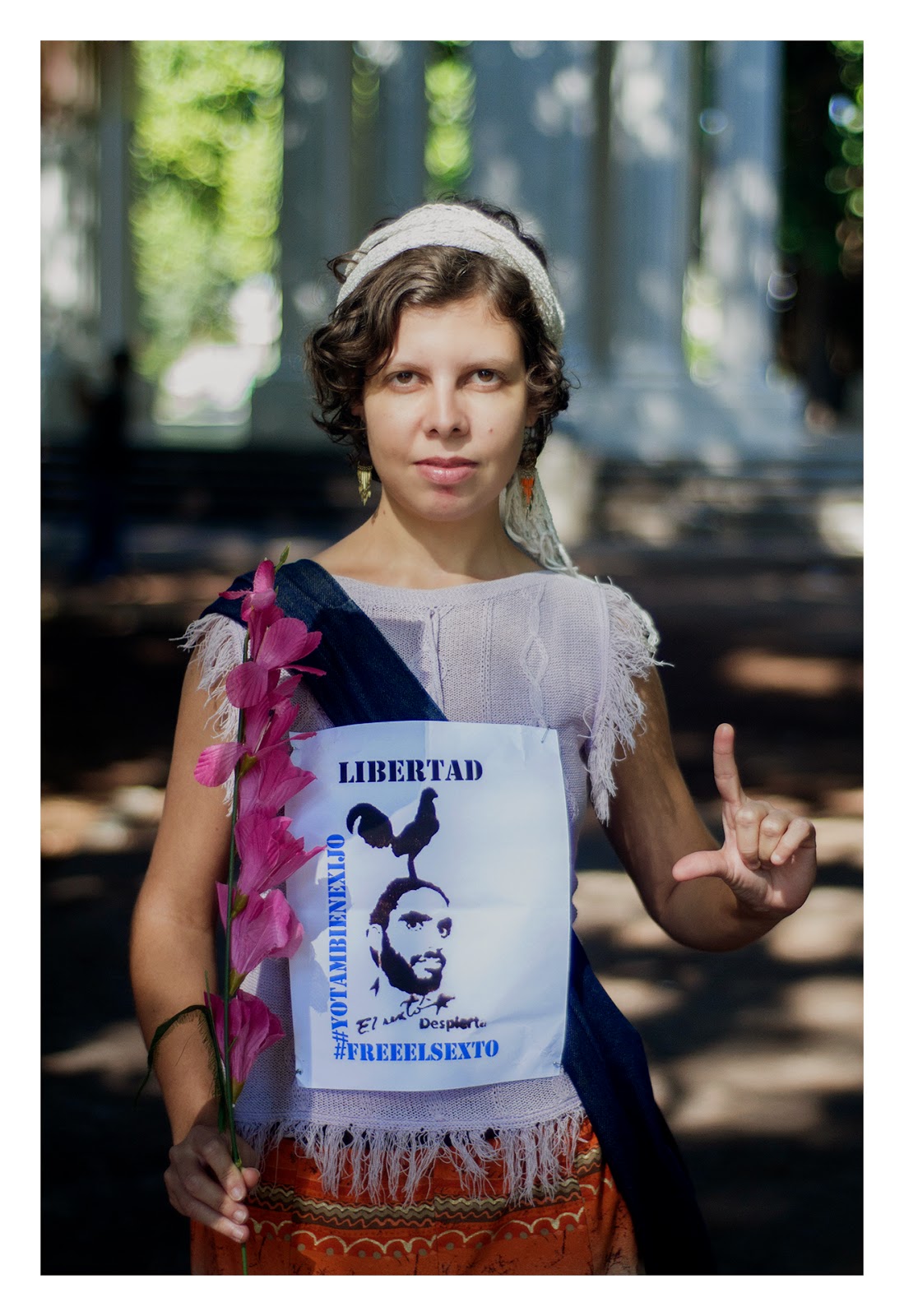With that deviousness that characterizes official journalism and allows reporters to skirt the periphery of the information without committing to the causes or the solutions, Torres briefly interviewed several locals and showed pictures of some of the theaters that once proliferated in the Cuban capital. Since the latter part of the 20th century, they have been closed and have been turning into unsanitary landfills that are infecting neighborhoods and creating sources for disease. continue reading
Rats, cockroaches and other vermin swarm among sewage leaks and all kinds of filth in places where we Havana citizens used to enjoy an occasional movie, a wholesome entertainment that was cheap and accessible in our own neighborhoods.
No movie theatre management, regardless of the causes, was able to decide, unilaterally and without consultation, on closing down the theaters and throwing away the key
During the Republican era, the great American influence made us avid movie buffs, and we were used to “keeping up” with all film production, not only from Hollywood, but also from Europe and Latin America. From then until the 1980s, the general public in Cuba had the same access to a first-run American movie, a Mexican drama or a French comedy, while the most demanding would enjoy New Wave, Swedish or German movies, among other treats. Of course, Soviet and other Eastern European cinematography also had its glory days in Havana movie theatres.
Although many times, and over a long period, the independent press has dealt very critically with the issue of vanishing Havana movie houses, the recent NTV report tries to present it as a priority of the official press and as if the event had taken place only yesterday and not three decades ago.
Milenys Torres introduces the news almost candidly from the landfill that the old Duplex and Rex Cinemas have become, in the midst of a boulevard in Centro Habana, using an ambiguous phrase that diffuses responsibility in a vacuum: “It is said that it all began when the air conditioning broke down and the movie house was closed.”
But it so happens that all Cuban movie houses have been state-owned since the Revolutionary government nationalized them, also monopolizing film production. No movie theatre management, regardless of the causes, was able to decide unilaterally and without consultation, on closing down the theaters and throwing away the key. Neither should the responsibility be shunned by the Comunales (the local People’s Power organizations), municipal political management entities, and instances of Public Health – all of them State-run institutions – for the loss of those cultural places and the steady accumulation of all kinds of refuse that affect not only the physical aspect but the health of such a densely populated environment.
Making an incomplete list of some neighborhood movie theaters that have been closed, just in the municipalities of Habana Vieja and Centro Habana, the list speaks volumes.
Spirituality and culture did not put food on the tables of a population uniformed in poverty
Besides the movie theatres mentioned above, the following movie theatres no longer exist in Centro Habana: The Majestic and The Verdún (Consulado Street), and The Neptune and Rialto cinemas (street of the same name), The Caprí – later renamed Mégano – and the The Campoamor (corner of Industria and San José, the last one in ruins). The Cuba and The Reina (Reina Street), this last one being used by a dance group, The Jigüe and The América (Galiano Street), currently used for musical shows, The Pionero (San Lázaro Street), The Findlay (Zanja Street), and The Favorito, the current headquarters for another dance group.
The moviecide is repeated In Old Havana, although this municipality never had the large number of theatres that Centro Habana had. Movie houses Guise, Negrete and Fausto (Prado Street) disappeared, as did The Ideal (Compostela Street). The Actualidades (Monserrate Street) remains in operation, but is markedly deteriorated, while The Universal (Bernaza Street) is a ruin converted into a parking lot, and The Habana (Mercaderes Street, Plaza Vieja) was rescued and converted into a Planetarium by intervention of the Office of the City Historian.
While new technologies have brought to households the opportunity to enjoy movies at home, in the rest of the world they have contributed to the closure of old, big theaters which have been transformed into smaller spaces to accommodate fewer spectators. The initial causes of the closure of Cuban cinemas run counter to technological developments, although multiplying the offerings.
The deep unprecedented economic crisis that followed the collapse of socialism and the sharp drop to a situation of survival took precedence over cultural and recreational matters. All of Cuba, and especially the capital, were overwhelmed by emergencies such as food, health and material shortages of all kinds. Spirituality and culture did not put food on the tables of a population uniformed in poverty.
On the other hand, political power began to be questioned in homes and even in public spaces, whether in a covert way, as in the isolated outbreaks of public discontent. Many of these outbreaks occurred precisely in cultural places. On one occasion, when images of Fidel Castro appeared in newsreels, viewers broke out chanting a popular hit song – just released in a Cuban rock-opera – whose lyrics repeated in crescendo “That man is crrrazzzy!” The movie house ended up being emptied by police, though there were no arrests, and no subsequent showings of the newsreel were aired.
The theaters were centers of potential disorder and anti-government political expressions
The authorities thus found out that movie theatres – being public places, where the public congregated and were protected by the anonymity of darkness – were potential centers for disorder and anti-government political expressions, which could easily get out of official control, so they stationed plain-clothes State Security and uniformed police agents in all movie houses.
Deliberately, as the cinemas were deteriorating, they were closed “for repairs” that never took place, until the theatres were sacrificed on the altar of ideology.
Years later, when a handful of private entrepreneurs started up small theaters, they were quickly forced to shut down by the authorities. The State was not able to meet the demands of Cuban moviegoers, but it would not allow public movie transmission out of its exclusive control: nothing could escape the Revolution’s rigid sieve of cultural policy arranged in 1961 by its supreme leader.
Currently, a few State projection rooms have been renovated and adapted to new trends. These are, for example, The Multicine Infanta in Centro Habana; or The Fresa y Chocolate Theatre in the heart of El Vedado. Yet the feverish movie-goer activity that developed in the shadow of the lavish theaters of Havana seems to have disappeared forever. Only, unlike countries where new technologies have brought the glamour of movie viewing to domestic spaces, Miledys Torres’ report is hypocritical and inopportune, when she questions the calamitous state of this or that movie house.
The official journalist seems to be asking naively: “Who shut down the movie houses?” She might find the answer parodying playwright Lope de Vega, but inversely. Because, in this Cuban movie-buff drama we are not only before the consecration of abuse of power, but the culprit was not Fuenteovejuna*, but precisely the Commendador.
*Translator’s note:Fuenteovejuna is a Lope de Vega 1614 comedy of the genre “Comendador” depicting conflict between villains and noblemen, abuse of power and finger-pointing.
Translated by Norma Whiting


